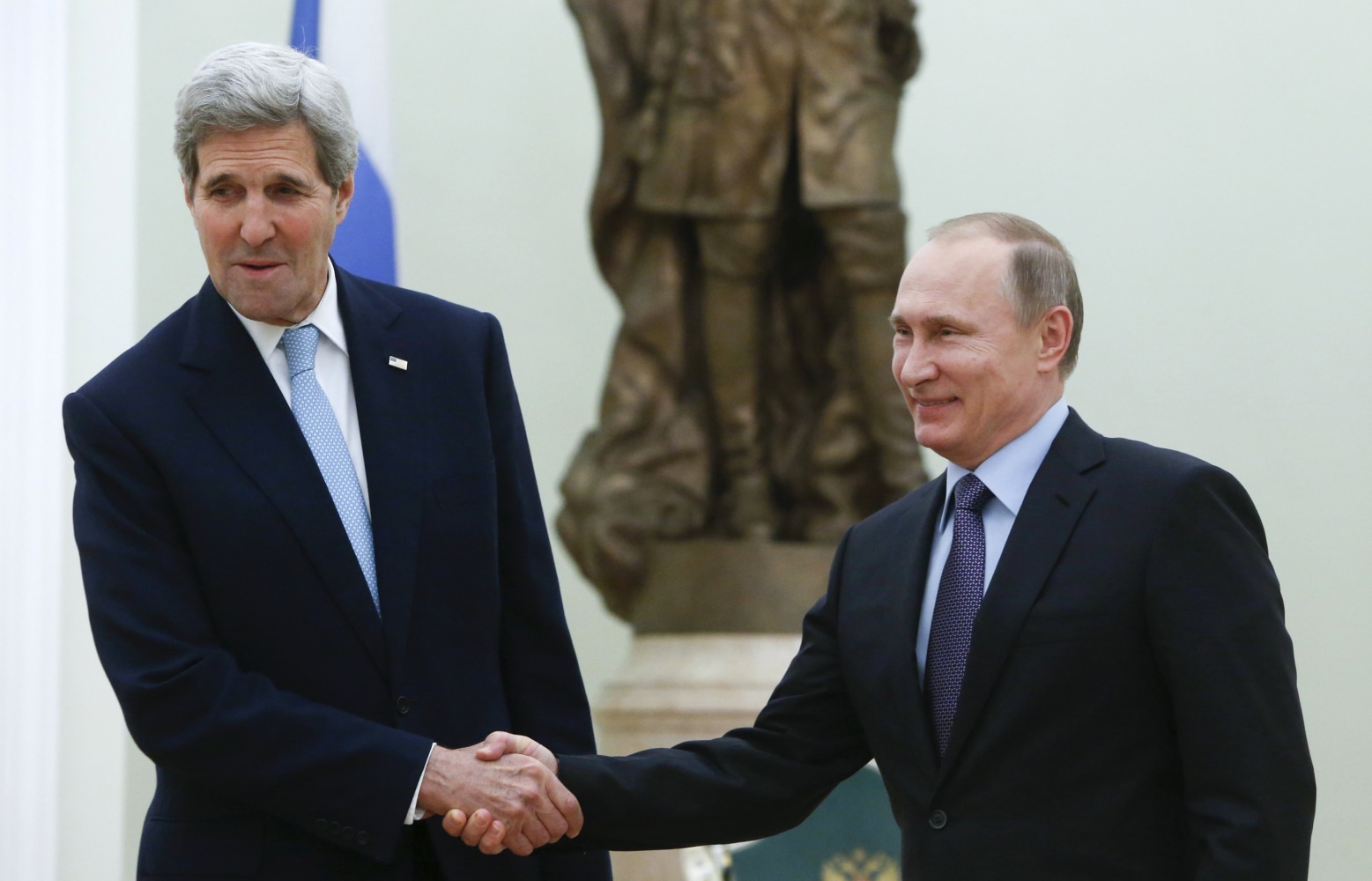Director of Twitter Greater China from People’s Liberation Army, What a Joke
Protesters universally point to Chen’s “suspect background,” worrying that this “ever-open tavern of freedom” will come under investigation, and that some Twitter users’ private information would no longer be protected. The media in Hong Kong and Taiwan have all participated in stirring up this topic by declaring that she “has a communist military background” and that Twitter has “been painted red.”
In addition, Twitter has not officially entered China’s Internet broadcast market. Among Twitter’s 30 million or more worldwide users, its circle of Chinese language users is a mere drop in the ocean when compared to China’s 70 million total Internet users and is a relatively marginal group of users within the website. Most of them are overseas Chinese, the most active of whom are a small group of users who stand against China’s political system. A small number of domestic political dissidents get into that small circle by using the “over the wall”* method, using it as a “personal space” to vent their feelings.
These people worry that one day Twitter will become China’s Weibo** and they are probably not kidding. But this view is extremely narrow and these people’s temperament is extreme, and jokes recognizing this fact are often made. As for what Chen Kui’s temperament is like, we have no knowledge, but Twitter is a mainstream Internet company in the United States, so its value trends, management and employment principals operate under the same logic as that of large Western companies, which is not hard to understand.
First, there is no difference between the American “properties” of Twitter and those of Google or Facebook, including Twitter’s basic political ideology, or the position it might take in the event of a conflict between China and the United States.
Second, Twitter, and all of its policy including employment practices, revolves around the principle of commercial profit. Previously, Twitter has said that the company currently has no intention to expand its group of Chinese language users, but it is actively pioneering its market for Chinese advertising, a statement which can be trusted. Last year, Twitter’s Chinese advertising clientele increased by over 200 percent, and with those kinds of numbers, I can understand why people would want to get a piece of the pie.
“President” Chen Kui ought to be called “marketing president” and probably won’t have anything to do with content investigation. After her appointment was announced, she gave friendly interviews with the English-language official Chinese media, which I think is not unrelated to her hopes to continue developing the Chinese advertising market and to leave a good impression on China.
Actually, radical Twitter users who oppose Chen Kui’s appointment are doing no harm to China. This matter is entirely between Twitter and its users and we don’t care if they hurt themselves. From an insider’s perspective, we are only interested in the extreme and laughable new display put on by the small group of international anti-China users, who make fun of them and recommend that the public read about them. The vigor with which these people “must rail against China at every instance” has already reached the point where a mainstream U.S. Internet company must send people to the Chinese market; they all want to dig up dirt and examine every inch to see if this person has previously been a “party person.” These people have so little self-confidence and so lack a sense of safety that they will continue to live among the fainthearted in the U.S. who are waiting for the heaven they promoted, which maybe is worth shedding a few tears over.
Will Twitter become China’s Weibo? Of course not. But if it wants to fully enter the Chinese market, then it must make adjustments with respect to following China’s laws, reasoning with which one cannot argue. I believe Twitter will continue to deliberate about how to maximize profits for its company.
The author is a commentator at Huanqiu Times.
*Translator’s note: Referring to VPN networks, “over the wall” is a euphemism that leaves real methods unspecified, the wall being “the great firewall.”
**Editor’s note: Weibo is the Chinese word for microblog and refer to the mini-blogging services in China including social chat sites and platform sharing. It uses a format similar to Twitter.

